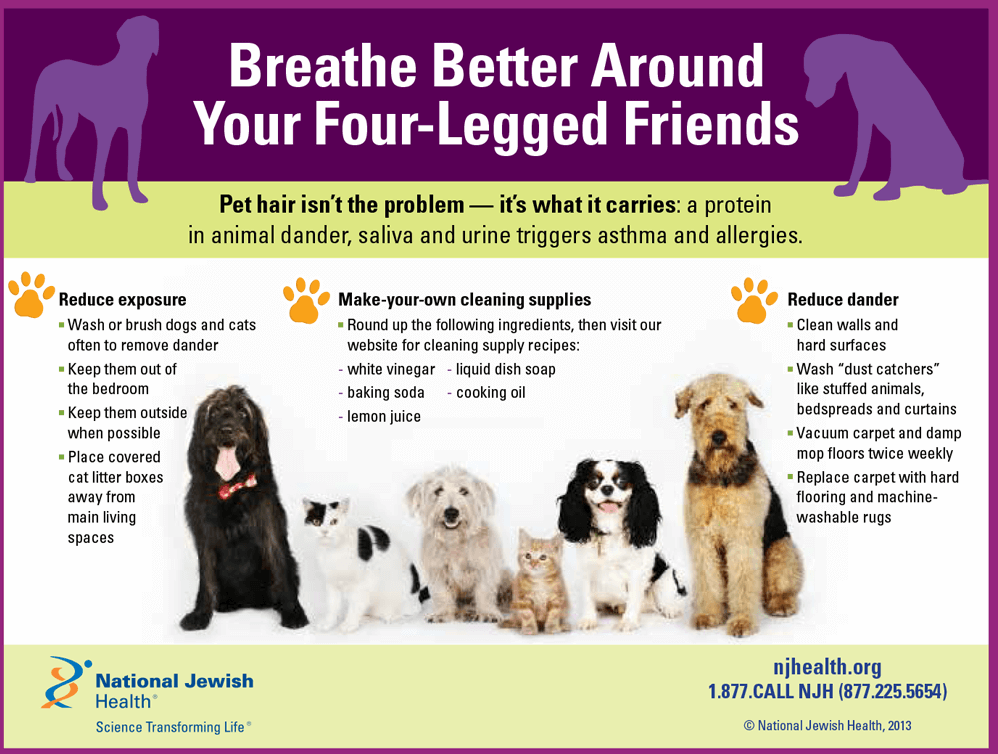How Dog Daycare Helps Separation Anxiety
How Dog Daycare Helps Separation Anxiety
Blog Article
Can Canine Day Care Cause Illness?
Opportunities are that if your pet dog is routinely exposed to various other canines, even if they're properly immunized, they may return with some type of illness. Inoculations, regular vet examinations, and good health practices can decrease danger factors for infection and condition.
Worried or nervous canines can establish intestinal issues and various other health and wellness problems that are quickly spread out between pet dogs. Establishing age limitations and behavioral guidelines can assist guarantee that only healthy canines enter your facility.
Distemper
Canine distemper is a severe and typically deadly infection that assaults a canine's breathing, digestion, skin and body immune systems. Young puppies are particularly vulnerable and can contract the disease through straight contact with a contaminated pet or via the air-borne transmission of infection bits released during coughing, sneezing or breathing.
The incubation period for canine distemper is between 3 and 7 days. While puppies at daycare might appear to catch parvo from one more infected dog, it's unlikely given that the incubation duration is so brief.
While there is no remedy for canine distemper, helpful care can aid pet dogs recuperate. This includes liquids, anti-biotics and drugs to regulate seizures. The Drake Center for Veterinary Treatment notes that signs and symptoms consist of drippy eyes and nose, diarrhea, vomiting, loss of appetite and neurological problems such as twitching and shakes. Young puppies need a full inoculation collection and yearly boosters to protect them versus this condition, which is why trustworthy pet day care centers need up-to-date inoculations.
Kennel Coughing
Kennel Cough (Canine Transmittable Tracheobronchitis) is a very infectious upper respiratory system problem triggered by bacteria and infections. It spreads out via airborne droplets from a coughing or sneeze, direct contact, and sharing of infected things such as toys or water bowls. It is endemic in position where numerous dogs are housed close together, such as kennels, pet parks, brushing beauty salons and programs. A number of vaccines are readily available to secure against the virus that trigger kennel cough, and correct hygiene techniques can assist prevent infection.
The timeless sign is a dry, hacking coughing similar to that of a goose honk, and the majority of canines recoup with little treatment. However, extreme cases can bring about pneumonia, and young puppies or pets with pre-existing health problem are at greater risk for issues. To accelerate recuperation, utilize a harness instead of a collar while your pet dog is recovering to stay clear of inflammation to the windpipe. A humidifier might likewise help to moisten the air and prevent completely dry coughing.
Parvovirus
Parvovirus (CPV) is a serious condition in canines. It resembles feline panleukopenia (feline distemper), however it's far more lethal and can spread out rapidly amongst canines due to its very resilient nature.
This infection strikes the digestive tract cellular lining of a canine, damaging it and triggering microorganisms to slough off right into the bloodstream. The damaged body immune system and overwhelming microorganisms result in septic shock, which is generally fatal.
The good news is, veterinary health centers provide reliable treatment for parvovirus. dog overnight boarding near me These drugs are given straight right into a client's blood stream and targeted towards the certain strain of parvovirus. This treatment approach is highly efficient and helps retrain the body immune system to fight off the infection. Pet dogs with severe signs are usually hospitalized for several days for tracking and extensive care to guarantee their survival. Puppies, unvaccinated canines and pet dogs with weak immune systems are specifically susceptible to parvovirus. This is particularly real for puppies born to roaming mothers and shelter settings, where they are exposed to numerous various other sick and susceptible pets.
Canine Influenza
Dog flu (CIV) is a contagious breathing condition that can be caused by canines sharing polluted surface areas or straight contact with respiratory secretions. CIV spreads quickly in atmospheres where there are high varieties of pets, such as dog parks, day cares, brushing centers and vet facilities.
Infected canines dropped the infection via aerosol respiratory droplets when coughing or sneezing, and may pollute things they enter into contact with like cages, toys, food bowls, leashes and the hands and clothes of people that manage them. Pets can additionally be "silent carriers" spreading the virus without revealing any kind of symptoms themselves.
Symptoms of canine influenza include sinus and eye discharge, coughing, high temperature, anorexia nervosa, and weak point. The infection can proceed to pneumonia, which can be fatal in some dogs. PCR viral testing is available for confirmation of infection. Preferably, examples (generally deep nasal or pharyngeal swabs) for PCR screening need to be collected within four days of the onset of medical indications.